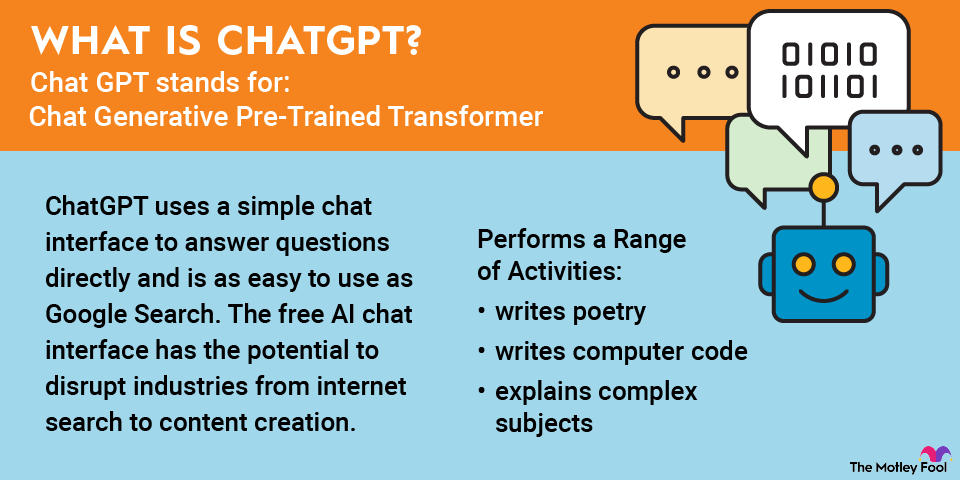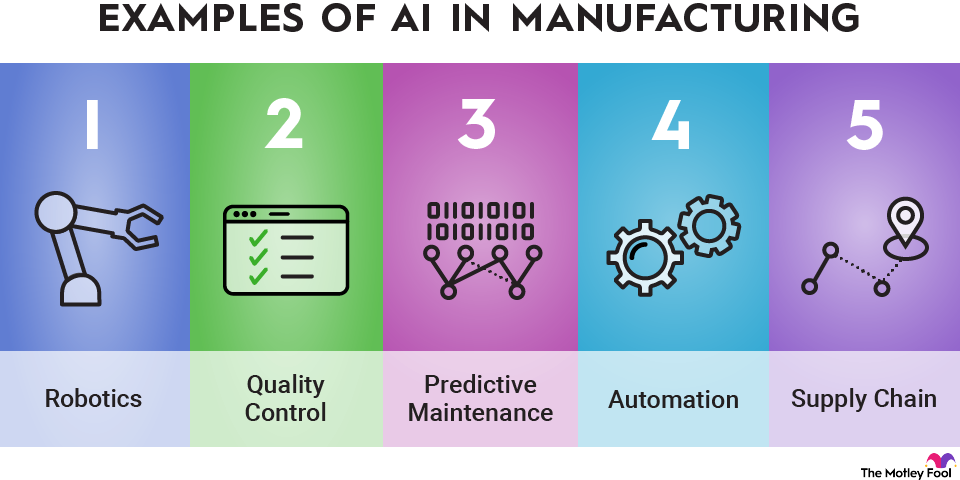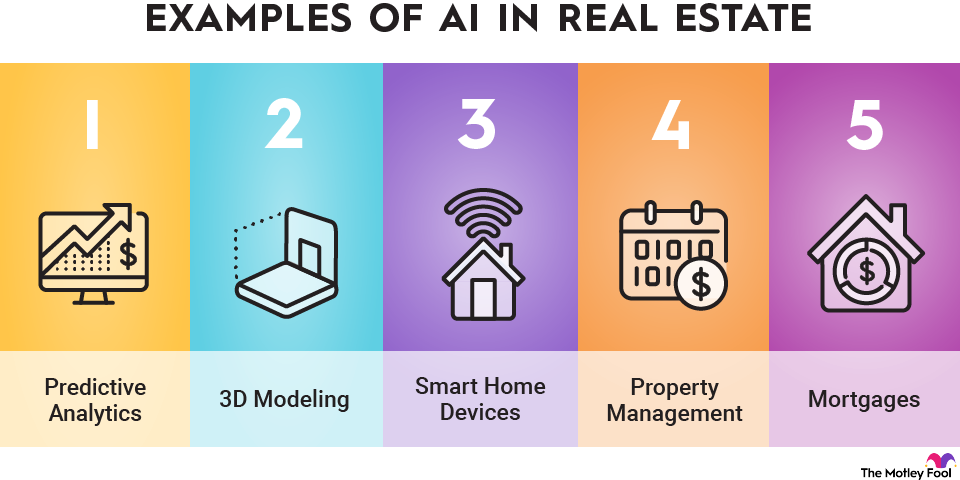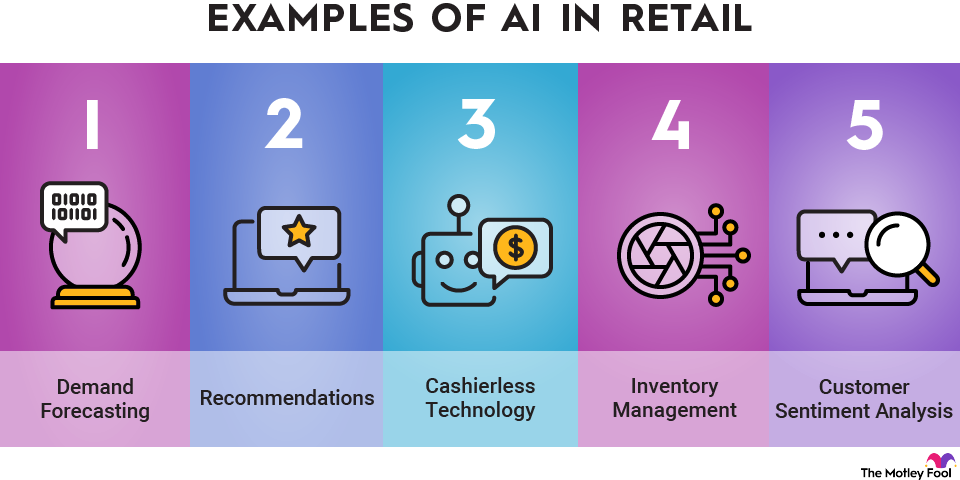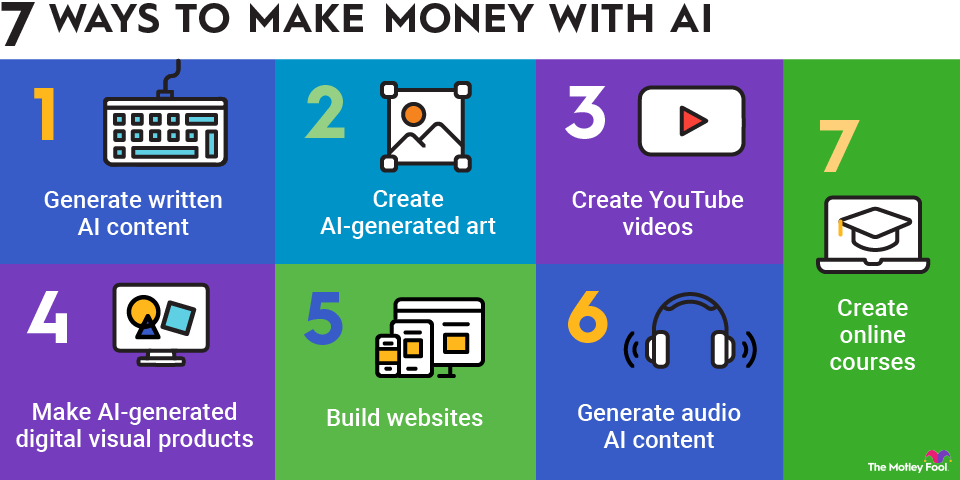Most investors probably aren't familiar with quantum glass batteries, but the technology could revolutionize electric vehicles (EVs) and the broader renewable energy industry. If you're wondering what a quantum glass battery is, a brief explanation follows.

What are quantum glass batteries?
Quantum glass batteries, or glass batteries, offer more advanced technology than the lithium-ion batteries common in today's EVs. In glass batteries, electrolytes have a higher energy density and can deliver an equal amount of power as lithium-ion batteries, but in a smaller space.
Quantum glass batteries also don't catch fire, so they don't need the components that lithium-ion batteries have to prevent them from doing so. Quantum glass batteries charge faster, too, and their higher energy density means they can give EVs greater range.
Glass batteries are still a nascent technology, but you can see why this market would be alluring to investors, especially given the explosion in demand for EVs over the past few years and the general belief that EVs will eventually displace gas-powered vehicles.
Below, we'll explore some of the companies that hold critical patents in quantum glass batteries. Keep reading to learn more about five of the best quantum glass battery technology companies today.
Best quantum glass battery stocks in 2025
| Name and ticker | Market cap | Dividend yield | Industry |
|---|---|---|---|
| QuantumScape (NYSE:QS) | $11.1 billion | 0.00% | Auto Components |
| Toyota Motor (NYSE:TM) | $266.1 billion | 1.69% | Automobiles |
| Solid Power (NASDAQ:SLDP) | $1.1 billion | 0.00% | Auto Components |
| Volkswagen Ag (OTC:VWAGY) | $30.9 billion | 6.81% | Automobiles |
| General Motors (NYSE:GM) | $64.5 billion | 0.78% | Automobiles |
1. QuantumScape

NYSE: QS
Key Data Points
It's hard to pick a leader in an industry with no material revenue and still experimental technology. However, QuantumScape (QS +16.78%) has received more investor attention than any other pure-play glass battery stock.
The company went public through a special purpose acquisition company (SPAC) merger with Kensington Capital Acquisition in late 2020. The stock has cooled off since its market cap jumped to more than $50 billion in December 2020, along with a broad boom in tech and EV stocks.
QuantumScape has revealed tests showing that its single-layer battery cells can charge to 80% capacity in fewer than 15 minutes and demonstrated the successful performance of 10-layer cells. However, building an entire fuel cell would take 100 of those single-layer battery cells, and a complete battery would take hundreds.
Although the single-layer battery cell tests are a positive step, manufacturing a functioning glass battery will be much more complex. As of the second quarter of 2024, the company had shipped its six-layer Alpha-2 prototype to several customers in the automotive and consumer electronics sectors.
The company is working toward launching its first commercial product, QSE-5, a 24-layer, 5 amp-hour cell made for automotive applications. It's aiming to begin shipping QSE-5 B1 samples this year. B1 cells are the version that is meant to supply the field testing phase of its vehicle launch next year with an unnamed partner.
In 2025, QuantumScape's stock began taking off again following the first real-world demonstration of its technology in an all-electric Ducati V21L motorcycle, which used its QSE-5 solid-state batteries. Additionally, the company signed an agreement with Corning to develop ceramic separators together, a crucial component of solid-state batteries.
Perhaps the best reason to believe in QuantumScape is its partnership with Volkswagen's (VWAGY +0.00%) PowerCo, the battery division of one of the biggest carmakers in the world. According to a July 2024 agreement, QuantumScape will give PowerCo a non-exclusive license to mass produce QuantumScape-designed battery cells once certain technical progress milestones are reached. PowerCo will be able to outfit 1 million vehicles a year with the new battery technology.
While QuantumScape does not expect to produce material revenue until at least 2026, the technical and business building blocks seem to be falling into place.
The company is also well capitalized, finishing the second quarter of 2025 with $800 million in cash and cash equivalents and with marketable securities and minimal liabilities, giving it liquidity through 2029.
2. Toyota

NYSE: TM
Key Data Points
Most major car manufacturers want to partner with battery tech start-ups working to build quantum glass batteries. Toyota (TM -1.46%) is taking a different route by looking to build its own. The company has been a laggard in the EV race, but in 2021, it said it would invest $13.6 billion in batteries over the next decade, including a significant portion in quantum glass batteries.
First, it's well capitalized with a thriving core business. There's no reason to worry about the glass battery investments sinking the stock, meaning it will be less volatile than a pure-play battery stock. Toyota also plans to initially use its solid-state battery cells in its hybrid vehicles.
In September 2022, the company acknowledged that it would take longer than expected to develop glass batteries for fully electric cars. Investors should expect such setbacks since producing these batteries at scale is a monumental engineering challenge.
At its June 2023 shareholders meeting, the company touted a "technological breakthrough" in its solid-state batteries and now aims to begin selling them by 2028, pushing back an earlier target date of 2025. It's now aiming for mass production by 2030, and it expects to focus on hybrids rather than EVs since the company sees hybrids as a good technological test case.
It said its first solid-state battery would offer a 20% increase in range over its standard lithium-ion battery to more than 600 miles and a fast charging time of 10 minutes or less.
In October 2025, it announced a development agreement with Sumimoto Metal Mining to mass-produce cathode materials for solid-state batteries, showing it's making progress.
3. Solid Power

NASDAQ: SLDP
Key Data Points
Solid Power (SLDP +17.82%) is another glass battery stock that went public through a SPAC. Unlike QuantumScape, which is focused on making a complete battery, Solid Power's initial aim is to make only the solid electrolyte component. The component would replace the liquid electrolyte that is part of lithium-ion batteries, which will help give them more range and decrease pack size.
Over the long term, the company plans to make its solid electrolyte more adaptable by removing nickel and cobalt from the cathode, which will help lower costs. Solid Power is now earning minimal revenue, bringing in $7.5 million in the second quarter of 2025.
The company had $279.8 million in total liquidity as of March 31, 2025, and has been developing its technology since its founding in 2012. Solid Power has an impressive list of high-profile investors, including carmakers such as Ford (F +0.54%), Hyundai (OTC:HYMTF), and BMW (BAMXF -1.53%), as well as electronics giant Samsung (SSNL.F +9.01%).
The company aimed to begin producing automotive-scale battery cells in 2025 with partners like Ford, BMW, and SK On, a Korean energy company, and has been working on a BMW i7 powered by its cells.
Still, the company's market cap of $1 billion indicates investors are less convinced by Solid Power's technology than QuantumScape's, valued at roughly $8 billion.
4. Volkswagen

OTC: VWAGY
Key Data Points
Volkswagen (VWAGY +0.00%) has made a broad range of efforts to develop a battery cell, including its subsidiary, PowerCo, which recently unveiled a new unified battery cell.
It's working on both traditional lithium-ion batteries and solid-state batteries. Solid-state batteries are further behind in the company's pipeline than other battery chemistries like nickel manganese cobalt, lithium iron phosphate, and sodium-ion, which are easier to develop.
While solid-state technology isn't expected to enter production for at least a few years, the Ducati powered with solid-state tech was a win for VW as well.
Moving ahead, its partnership with QuantumScape should provide it with an advantage, especially if the companies can deliver the new technology on schedule.
5. General Motors

NYSE: GM
Key Data Points
General Motors (GM +0.61%) has also been taking something of an "all of the above" approach with electric vehicles. In addition to traditional lithium-ion batteries, the company is also experimenting with sodium-ion and solid-state batteries.
GM is now the largest producer of battery cells in North America, in tandem with its top supplier, LG Energy Solution, and the company believes its cells cost less to produce than its rivals do.
The automaker has its battery development center, the Wallace Battery Cell Innovation Center opened in 2022, and like VW, it's experimenting with several different chemistries. Thus far, GM doesn't seem to have taken any significant steps in solid-state cells beyond research, but the company is spending aggressively on EVs and battery technology, so it should play a role in it in the future.
Revenue
Related investing topics
How to invest in quantum glass battery stocks
If you're looking to invest in quantum glass battery stocks, the process is like buying another publicly traded stock. Just follow the directions below.
- Open your brokerage app: Log in to your brokerage account where you handle your investments.
- Search for the stock: Enter the ticker or company name into the search bar to bring up the stock's trading page.
- Decide how many shares to buy: Consider your investment goals and how much of your portfolio you want to allocate to this stock.
- Select order type: Choose between a market order to buy at the current price or a limit order to specify the maximum price you're willing to pay.
- Submit your order: Confirm the details and submit your buy order.
- Review your purchase: Check your portfolio to ensure your order was filled as expected and adjust your investment strategy accordingly.
Are quantum glass battery stocks right for you?
Investing in quantum glass battery stocks at this point is not much different from buying development-stage biotech stocks. We are still several years away from this technology going mainstream, and the field is wide open with no viable products available yet.
Additionally, promises of technology haven't always come true in the auto industry. Many industry insiders, including auto company CEOs, expected autonomous vehicles to be commonplace by now, but that hasn't happened.
That doesn't mean quantum batteries won't be successful, but investors may want to wait until more conclusive data comes in and a clear leader emerges. At this point, glass battery stocks are only suitable for investors with a very high tolerance for risk.




